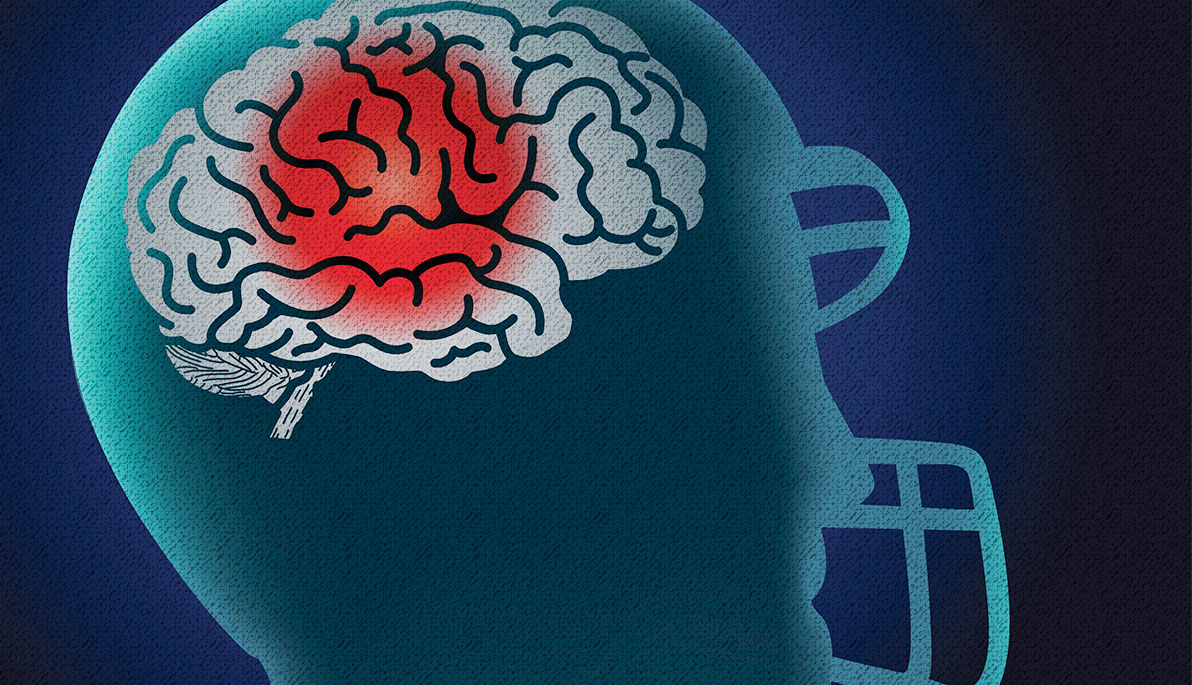News
Heads Up: Center for Sports Medicine Partners with Local High School
August 29, 2017
As the summer comes to an end and student-athletes of all ages make their way back to school for pre-season practice, it’s important to keep in mind the dangers of head injuries. “Practice is commonly when athletes suffer concussions,” explained Hallie Zwibel, D.O., assistant professor at NYIT College of Osteopathic Medicine and director of the Center for Sports Medicine. “Concussion awareness should be part of their education.”
To raise awareness among high school students, the Center for Sports Medicine has partnered with Lawrence High School to provide comprehensive concussion evaluation, management, and treatment services designed to help impacted students return to the field and the classroom.
Five hundred students at the school will have the opportunity to receive concussion-based testing. With these assessments, physicians will begin managing concussions before the athlete even steps foot on the field, screening for risk factors such as ADHD or history of previous concussions, and analyzing memory, processing speed, and reaction time. Following a potential head injury, non-invasive testing will be used to compare the athlete’s post-injury state to their baseline parameters in order to make an accurate diagnosis and determine when it is safe for them to return to their sport.
While baseline testing plays an important role in concussion treatment, it is important for student-athletes to recognize the signs and symptoms of concussions and to work on their balance and muscle strength. During game play, they also need to be aware of their surroundings and ensure their equipment, such as a helmet, is properly fitted.
“The effects of a traumatic brain injury can last a few days or a lifetime, with concussions putting athletes at higher risk of developing neurodegenerative disease,” said Zwibel.
In addition to educating student-athletes on concussion awareness and prevention, the Center for Sports Medicine will provide seminars for parents, coaches, and teachers so that they are able to recognize symptoms and know the steps they need to take to care for the injured player.
“A simple set of questions and exams to check mental status, speech, and physical reactions should be done immediately on the field,” he said. “Just because you have an injury to the head, it doesn't mean it’s a concussion. It could be even more serious—so get seen by a physician for an evaluation. Lawrence High School has taken preventive measures to limit the effects of these debilitating injuries, and we look forward to helping them safeguard the health and future of their students.”





